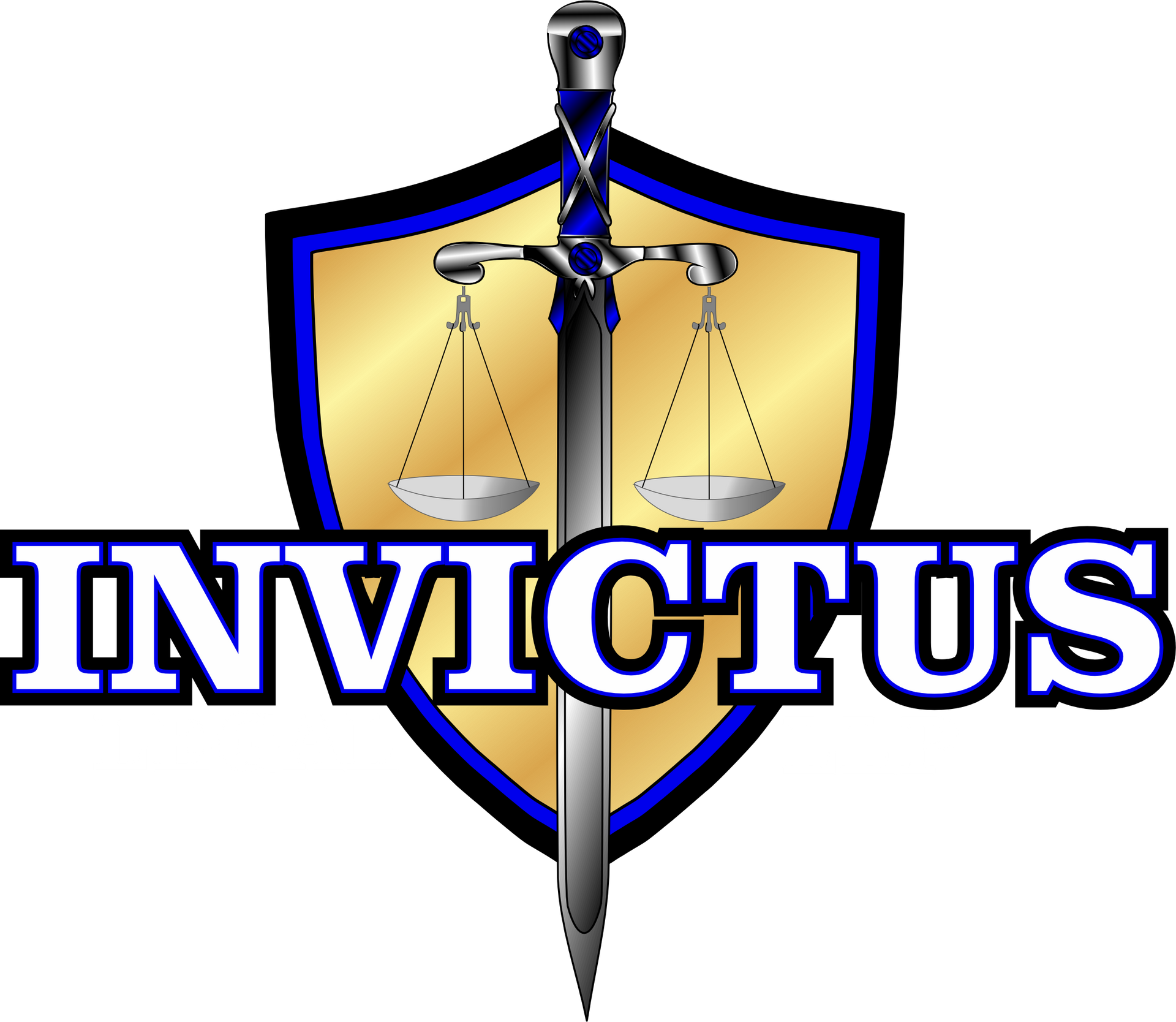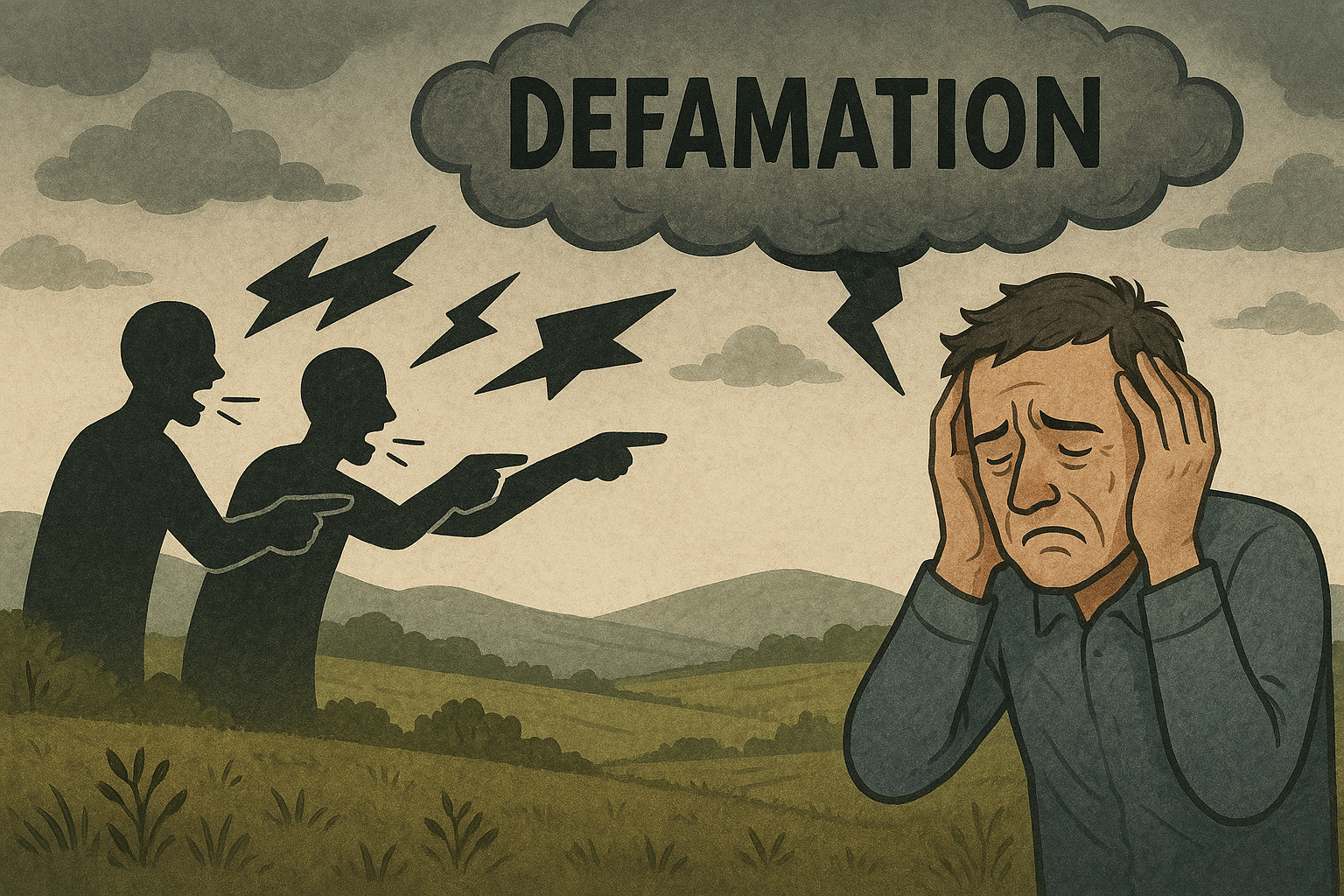Evictions Under Bill 184: Are They Really Easier?
What is Bill 184?
Bill 184 is comprised of at least in part changes to the Residential Tenancies Act, the law governing relations between residential landlords and tenants in Ontario. Prior to the Bill’s passage, many tenant groups protested and warned us all that thousands of tenants will be evicted without a hearing. In fact, nothing much at that end has changed, other than allowing landlords and tenants to make private arrangements outside the Landlord and Tenant Board that can be enforced in the same way as if they attended mediation on Hearing Day.
Can a Tenant be Evicted Without a Hearing Under this New Law?
First, we need to discuss facts about the existing Act before Bill 184 came into place. As someone that has represented hundreds of parties before the Board over the years of its existence, the Act always had an option for what is called an ‘ex parte’ hearing. The Landlord and Tenant go to a Hearing but, before the hearing they sort out their issues with the help of a Mediator. After they arrive at an agreement, they attend before the Adjudicator and ask for a consent order. A Consent Order is what makes the agreement enforceable and less likely to be overturned on review.
In the Consent Order, for example, the Tenant promises to pay an extra amount over and above their regular rent to catch up on arrears. This is in exchange for the Landlord not evicting them. In effect, the parties are agreeing to a stay on the Tenant’s eviction as long as the Tenant keeps up with their end of the bargain. If the Tenant fails to pay what they promised or continues to be late with their rent, the Landlord has the option of using what was referred to as s. 78.
How Did S. 78 Work Before Bill 184 was Passed?
In the above scenario, the Landlord would then file an Application with the Board with a declaration that the Tenant failed to keep their end of the bargain. Many people called this being “a day late or a dollar short”. This Application would be filed with the Board and without a Hearing, an Adjudicator would sign an eviction order against the Tenant. The stay is lifted. A Tenant was always able to fight these orders, as they received the Order in the mail after it is granted.
The Tenant can fix this in a number of ways, including requesting that the Order be set aside and the stay remain in place. The Tenant can review the Order if they feel there was a serious error in granting it. On an issue of law, it can be appealed to the Divisional Court. Many tenants have used these strategies before Bill 184 and will continue to be able to use them afterwards.
What Changed Under Bill 184?
The Landlord and Tenant can continue to avail themselves of mediation services offered by the Board and continue to make private arrangements the way they always have. What Bill 184 does is allows the Landlord and Tenant to meet at the kitchen table and come up with their own repayment plan and submit it to the Board to make it an enforceable Order.
This repayment plan would be done after an N4 was served on the Tenant and failing to pay up the arrears, the Landlord files an L1. Often an eviction hearing is looming. So, instead of going to the Hearing that is scheduled, this gives the parties a chance to sort it out themselves without the involvement of the mediator at the Board. The Board would issue an Order based on this repayment agreement. If that repayment agreement is breached, the Landlord then has the same option they always had under s. 78.
There is nothing in Bill 184 that prevents the Tenant from using the tools already in place to set aside the ex parte order or to review it. This is just a way to shorten some of the line ups at the Landlord and Tenant Board, as our experience has proven that many parties do work these things out themselves.










